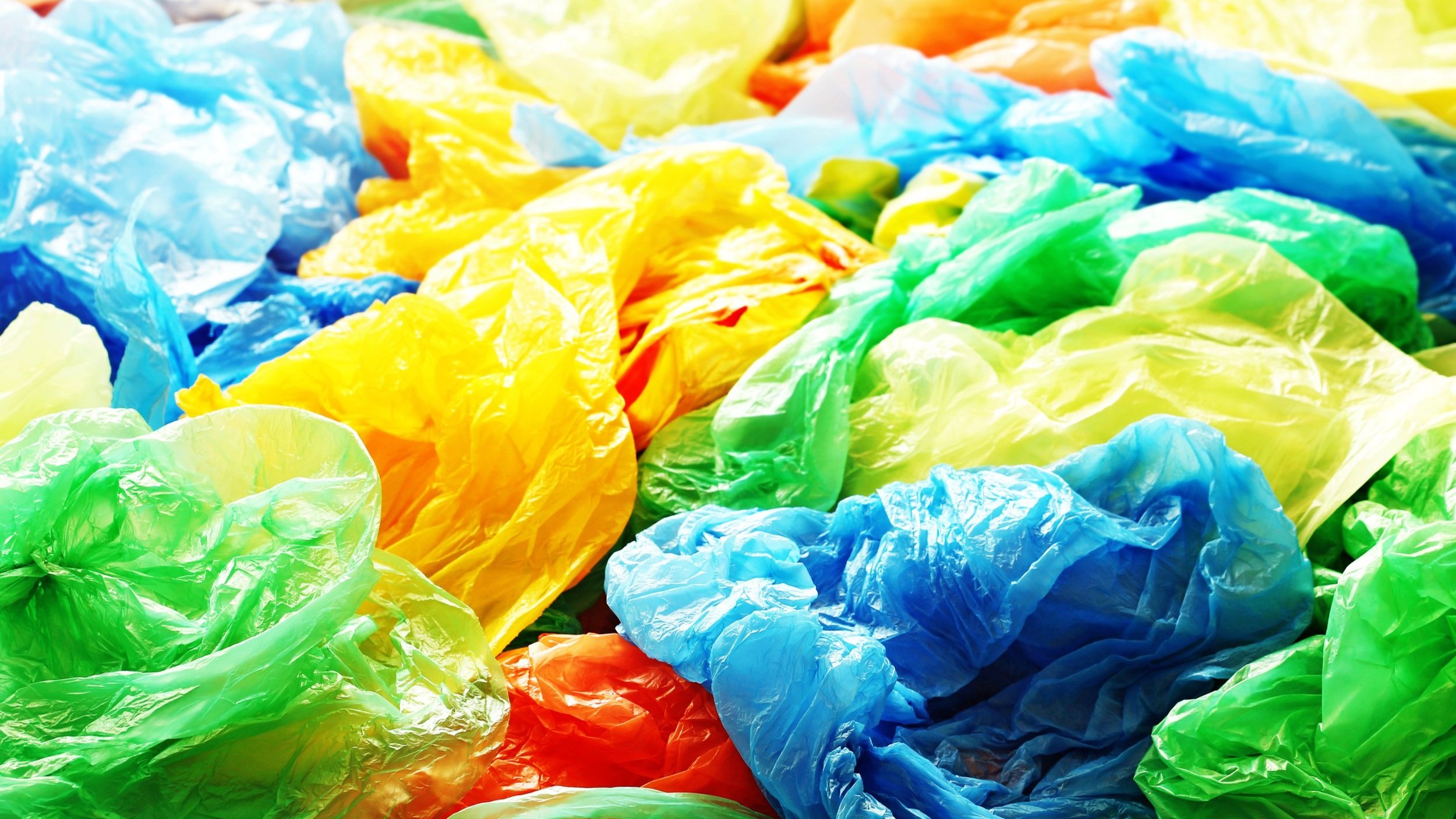Reducing Plastic Bag Usage and Pioneering Ethical Production
Plastic bags have become an emblematic symbol of our throwaway culture, causing significant environmental damage worldwide. In this article, we will explore the reduction of plastic bag usage, ethical plastic bag production, and innovative waste management strategies employed by organisations in the UK and globally.
The Reduction of Plastic Bag Usage
Plastic bags contribute significantly to plastic pollution, with their widespread usage posing a severe threat to ecosystems, wildlife, and human health. Various measures have been implemented globally to tackle this challenge, resulting in substantial reductions in plastic bag consumption. Notably, the UK has successfully reduced plastic bag usage through legislative action. The introduction of the 5p plastic bag charge in 2015 led to an impressive 90% decrease in usage within the first six months, emphasising the power of economic incentives in changing consumer behaviour.
According to the UK Department for Environment, Food and Rural Affairs (DEFRA), the 5p plastic bag charge has resulted in an estimated 15 billion fewer bags distributed by major retailers in England between 2015 and 2019.
Ethical Plastic Bag Production
While reducing plastic bag usage is crucial, promoting ethical and sustainable production practices is equally vital. Organisations worldwide are leading the way by adopting innovative approaches to ensure that plastic bags are manufactured responsibly. For example, companies are increasingly investing in research and development to create biodegradable and compostable alternatives to traditional plastic bags. Such bags, derived from plant-based materials like cornstarch or biopolymers, decompose naturally and do not leave a lasting environmental footprint.
The New Plastics Economy, an initiative led by the Ellen MacArthur Foundation, brings together businesses, governments, and NGOs to promote the transition to a circular economy for plastic. They advocate for the redesign and reuse of plastic packaging to eliminate waste.
Innovia Films, a global company based in the UK, is at the forefront of developing compostable and biodegradable packaging solutions. They have introduced NatureFlex™, a biodegradable film made from renewable sources like wood pulp, which can be used for packaging applications including plastic bags.
Managing Plastic Bag Waste
Effectively managing plastic bag waste is crucial to prevent it from entering landfills or polluting oceans. To combat this challenge, a range of waste management strategies has emerged. Recycling initiatives, for instance, encourage the collection and processing of plastic bags into new products. Additionally, organisations are collaborating with recycling companies and waste management facilities to develop comprehensive recycling infrastructure. By implementing robust waste collection systems and educating the public about proper disposal practices, we can ensure that plastic bags are diverted from landfills and instead channelled into recycling streams.
The Plastic Bank, a social enterprise operating globally, encourages the collection and recycling of plastic waste, including plastic bags, by creating a marketplace for it. They incentivize individuals in developing countries to collect plastic waste and exchange it for goods and services, thus creating economic opportunities while reducing waste.
In the UK, WRAP (Waste and Resources Action Programme) is a leading organization working to promote sustainable resource management. Through their initiatives, such as the Plastics Pact, they bring together businesses, governments, and NGOs to collaborate on reducing plastic waste and promoting recycling.
Global and UK Organisations Driving Change
Through collaborations with governments, businesses, and NGOs, they aim to eliminate plastic waste and foster innovation in plastic packaging. Within the UK, the Marine Conservation Society has been pivotal in raising awareness about the environmental impacts of plastic bags and advocating for policy changes to mitigate their usage.
We are committed to driving positive change in plastic bag usage and production practices. We can collectively combat the plastic pollution crisis by emphasising the reduction of plastic bag usage, promoting ethical production methods, and supporting innovative waste management strategies. Collaboration between governments, businesses, and consumers is crucial to creating a sustainable future where eco-friendly alternatives replace plastic bags.
References:
DEFRA. (2020). Single-use plastic carrier bags charge: data in England 2019. Retrieved from https://www.gov.uk/government/statistics/single-use-plastic-carrier-bags-charge

